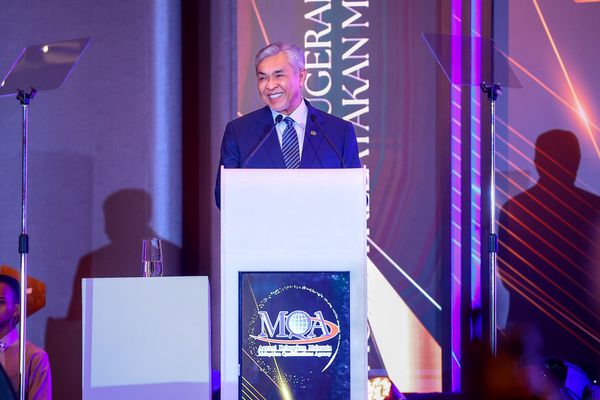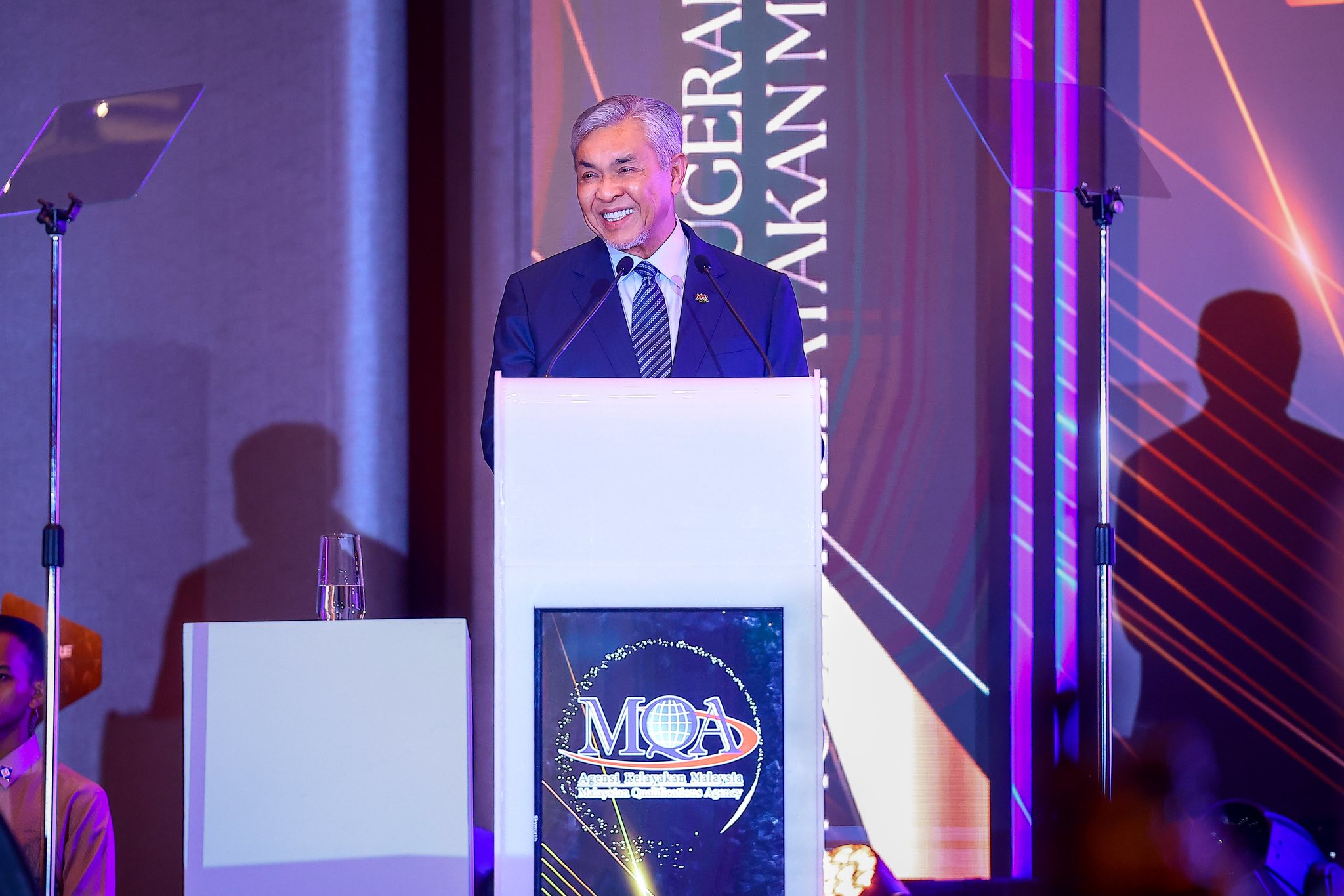KUALA LUMPUR, Aug 12 — The Malaysian Qualifications Agency (MQA) has introduced guidelines for articulation between Technical and Vocational Education and Training (TVET) programmes and non-TVET academic programmes.
Deputy Prime Minister Datuk Seri Ahmad Zahid Hamidi said the initiative aims to enable TVET graduates to advance to the highest levels of academia without structural barriers, allowing them to attain master’s degrees and doctorates.
“I would like to thank the MQA for agreeing to approve the Master of Professional Practice and Doctor of Professional Practice at Levels 7 and 8 of the Malaysian Qualifications Framework.
“This is a game changer. It reflects our commitment to producing highly capable and world-class talent. We are committed to providing TVET pathways that are equivalent and on a par with other academic fields, without compromising quality and qualifications in academia.
“The goal is to produce graduates recognised across all industrial sectors, be it domestically or internationally,” he said at the MQA Awards 2025 ceremony here last night.
Also present were Higher Education Minister Datuk Seri Zambry Abd Kadir and MQA chief executive officer Prof Datuk Mohammad Shatar Sabran.
The Articulation Programme is an educational pathway for holders of the Malaysian Skills Certification to further their studies.
Meanwhile, Zahid, who is also National TVET Council chairman, said the Fourth Industrial Revolution boom and advances in artificial intelligence require a swift and strategic response from all educational institutions to ensure curricula remain relevant and research is high impact.
He added that graduates must be equipped with future skills, whether in academic or TVET streams, and must master computational thinking, data literacy, critical analysis, complex problem-solving, and soft skills that cannot be replaced by technology.
“I am excited to see initiatives such as the adaptation of industry-oriented curricula, new programmes like data science, robotics engineering, cybersecurity, and business analytics, along with strategic collaborations with global technology companies to develop future-proof curricula,” he said.
He said these achievements are supported by the increase in internationally accredited programmes, from the Washington Accord in engineering to global professional recognition in accounting, while private higher education institutions demonstrate excellence through curriculum flexibility, niche programmes, and strategic collaborations with industry.
“I am confident that if we harness the strengths of both public and private education, Malaysia will continue to be a destination of choice for international students, not only because of its academic quality but also for its courage and vision in building world-class higher education,” Zahid said.




